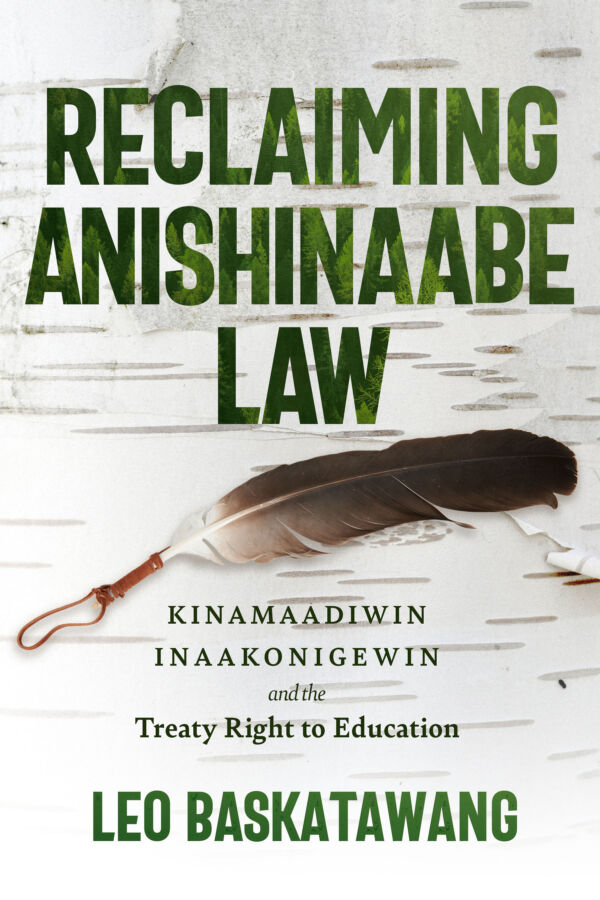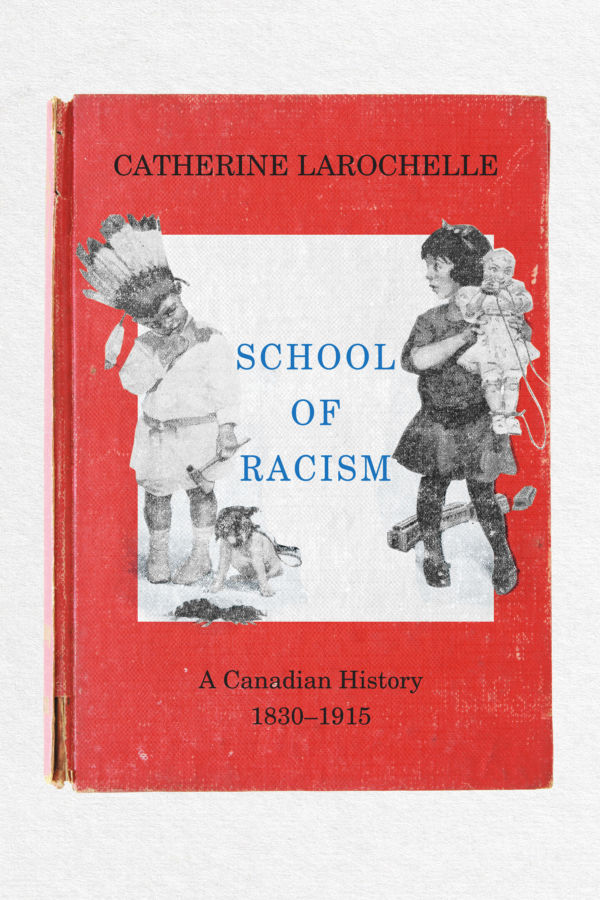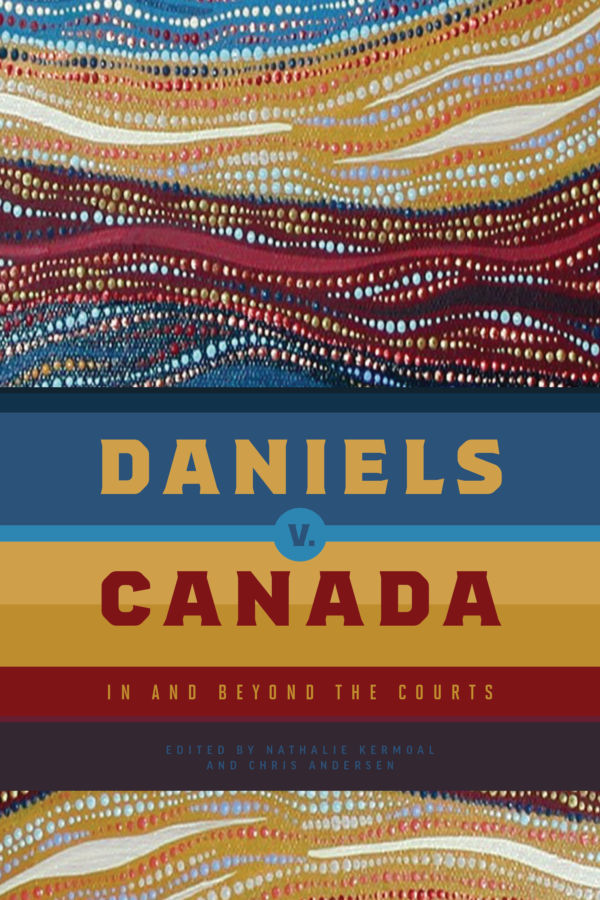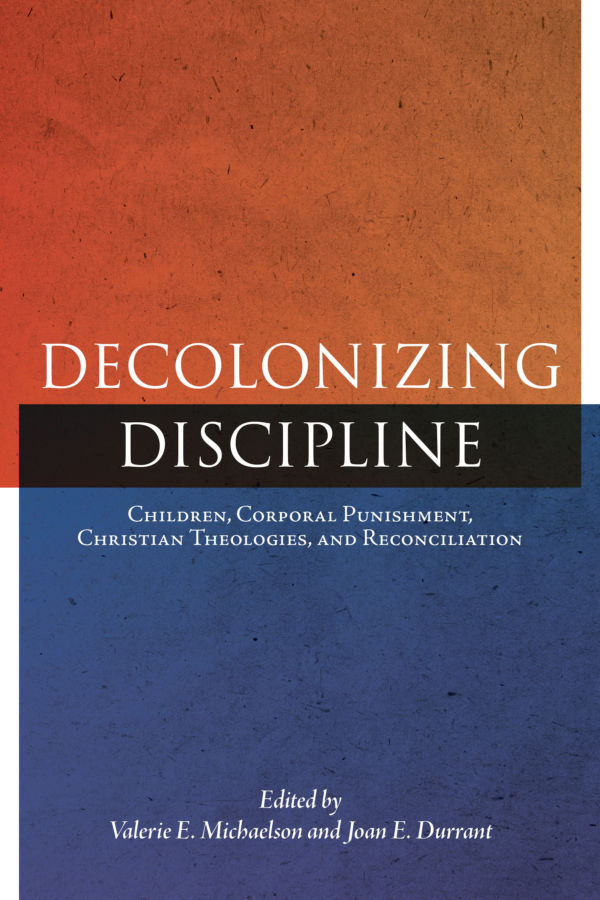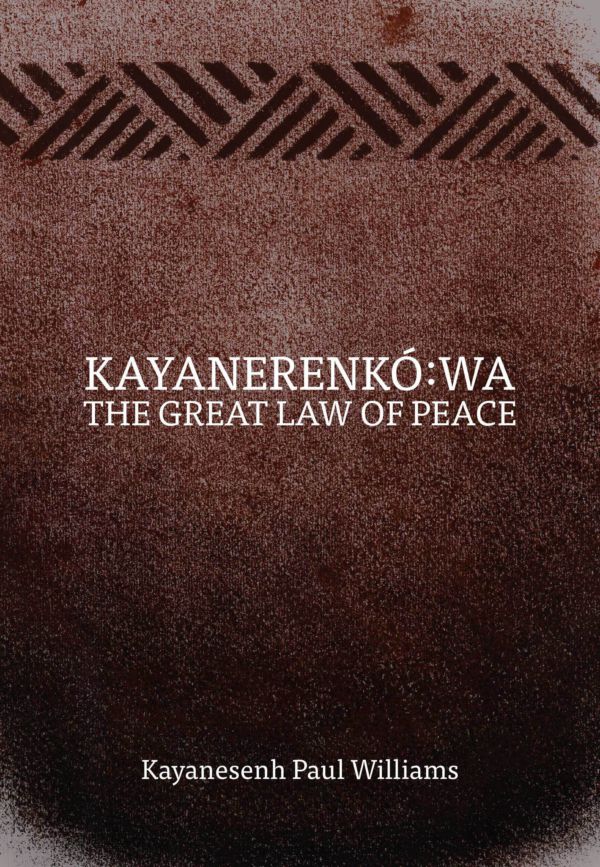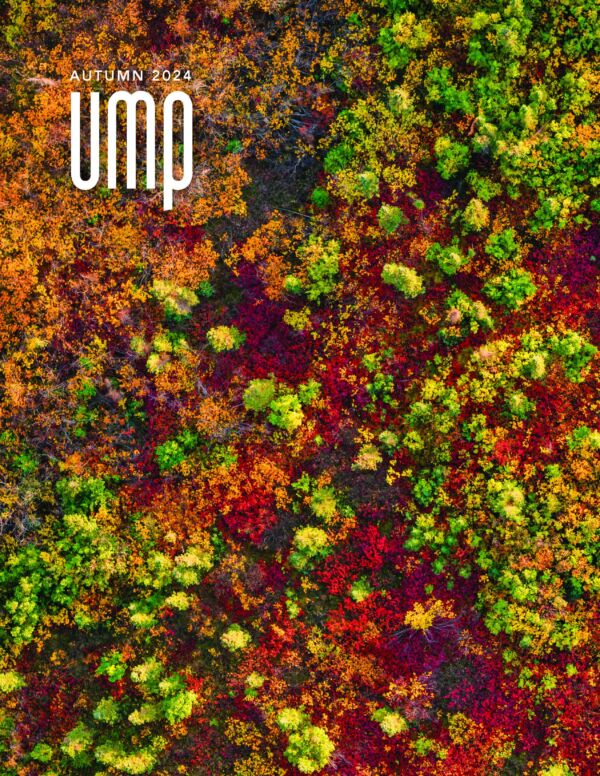Overview
A manifesto for the future of Indigenous education in Canada
In Reclaiming Anishinaabe Law Leo Baskatawang traces the history of the neglected treaty relationship between the Crown and the Anishinaabe Nation in Treaty #3, and the Canadian government’s egregious failings to administer effective education policy for Indigenous youth—failures epitomized by, but not limited to, the horrors of the residential school system.
Rooted in the belief that Indigenous education should be governed and administered by Indigenous peoples, Baskatawang envisions a hopeful future for Indigenous nations where their traditional laws are formally recognized and affirmed by the governments of Canada. Baskatawang thereby details the efforts being made in Treaty #3 territory to revitalize and codify the Anishinaabe education law, kinamaadiwin inaakonigewin. Kinamaadiwin inaakonigewin considers education wholistically, such that it describes ways of knowing, being, doing, relating, and connecting to the land that are grounded in tradition, while also positioning its learners for success in life, both on and off the reserve.
As the backbone of an Indigenous-led education system, kinamaadiwin inaakonigewin enacts Anishinaabe self-determination and has the potential to bring about cultural resurgence, language revitalization, and a new era of Crown-Indigenous relations in Canada. Reclaiming Anishinaabe Law challenges policy makers to push beyond apologies and performative politics, and to engage in meaningful reconciliation practices by recognizing and affirming the laws that the Anishinaabeg have always used to govern themselves.
Reviews
"Leo Baskatawang offers a passionate call for Indigenous self-determination and a reclamation of Anishinaabe education law and practice in raising up the next generation. This book can be used to envision a future that uses Indigenous treaties to drive systemic change in education."
Brittany Luby, University of Guelph
"This book effectively weaves many sources to show how the revitalization of Anishinaabe law supports the resurgence of Anishinaabe education. It is nourishing food for thought."
John Borrows, Loveland Chair in Indigenous Law, University of Toronto Law School
"Reclaiming Anishinaabe Law serves as not only an education tool, but also a roadmap for other communities wishing to reclaim and understand their Treaty Right to Education."
Rob Houle, Alberta Native News
“Reclaiming Anishinaabe Law offers larger lessons and potential pathways to reclaim control of an educational future for all Indigenous communities in Canada. [I] recommend this monograph to policy makers, politicians, all levels of educators, and students of history, politics, law, education, and anthropology.”
Karl Hele, Anishinabek News
"Reclaiming Anishinaabe Law contains an impressive amount of information regarding the Anishinaabe Nation's efforts to regain sovereignty over their own education, but Baskatawang, like any masterful storyteller, maintains a clear message throughout: 'Indigenous peoples must be in control of Indigenous education using Indigenous processes.'"
Kennedy Marley, Saskatchewan Law Review
Awards
JW Dafoe Book Prize (2024)
About the Authors
Table of Contents
Introduction
Chapter 1 Colonization and Other Political Discontents
Chapter 2 Indigenous Laws and the State
Chapter 3 Kinamaadiwin Inaakonigewin
Chapter 4 Reconciliation as Recognition and Affirmation
Reflections

